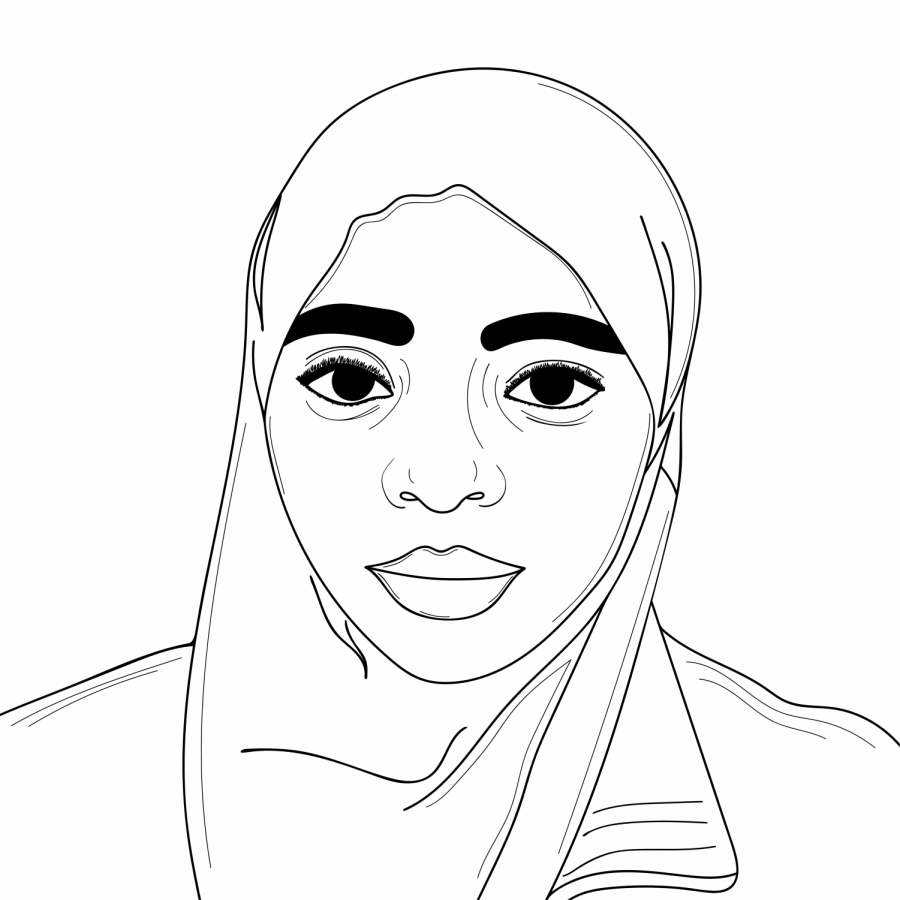Our youth need more attention from us, but we have forgotten them behind closed doors and alone with their devices.
I grew up in Ethiopia, surrounded by people who looked like me, spoke the same language as me and valued the same things. I always followed the same routine: waking up, going to Islamic school and then to a private English program, then hanging out with friends and talking about our religion and culture.
Those were beautiful days. We became closer to our culture and religion as we advanced our education. Of course, not every experience was delightful — especially those one goes through when coming of age — but life was wonderful regardless.
That all changed when my family arrived in the U.S. I was mature enough not to get influenced by all that was new to me, and I am grateful for that.
But what about our younger siblings and children who grow up in an entirely different cultural environment? Do we let them figure their way out of this confusion on their own? Or do we hold hands with them and guide them, cultivating our values in them?
My younger siblings came here at a young age, and some cultural differences between Ethiopia and the U.S. shocked them. Some of the aspects of American culture that surprised them included mosques segregated by ethnic group, a lack of religious education and gun culture.
The segregation of mosques by community came as a shock to me too. At some mosques, nearly all of the attendees are from one ethnic group. I don’t understand – aren’t we all praying to the same God? Why are our places of worship segregated by community type? Why do an Oromo mosque and a Somali mosque have to be separate? It doesn’t make sense to me.
The lack of emphasis on religious education at mosques and Islamic schools saddened my siblings. The less you pay attention to your fundamentals, the easier it is to forget your culture and be influenced by popular culture.
Gun violence and the loss of lives almost every other day from it is something no one will ever get used to. My family barely saw guns back home but now, my siblings thought, people’s lives don’t seem to matter much when they can easily be ended by gunshots.
The way we raise our children now is flawed. We don’t teach them to be unapologetically who they are and hold onto their values even if they don’t align with mainstream culture. We don’t plant the seed of love for their religion and culture in them. We send them to school – as we should — but leave them to come back home and retire to their bedrooms, doors closed.
We are afraid to check in on them. We don’t have time for them. We leave them alone with their devices, to stew in boredom and confusion. We should follow our beliefs and faith unapologetically and teach our children to not compromise their beliefs for the benefit of others.
But what can we do when the elders in my community can’t even communicate with the generation that was brought here at a very young age? The language and communication barrier makes the responsibility of guiding our youth fall on our shoulders.
I feel for our youth. They are the champions of our generation, as they try very hard not to compromise the values they were brought up in and believe in. We need to have conversations with our youth and answer all their questions with patience and love. The more we meet them with anger and blame, the further they will feel lost and scared.














